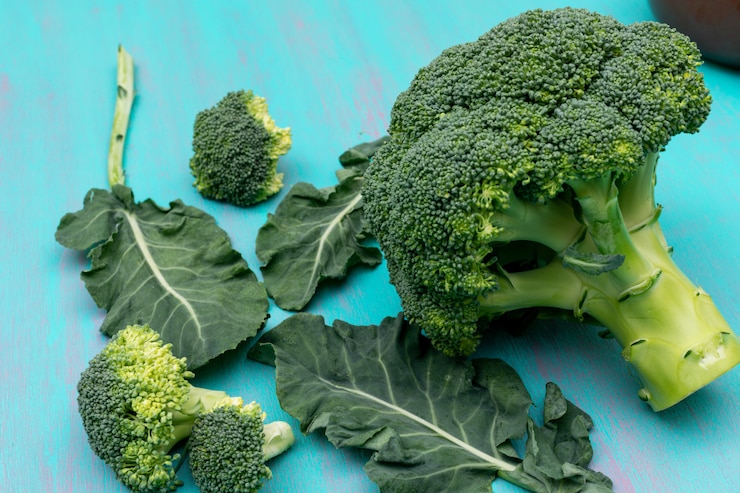Broccoli is a nutrient-rich and versatile vegetable that can thrive in the diverse climates of South Africa. Whether you’re a seasoned gardener or a beginner, understanding the specific requirements for growing broccoli is essential for a successful harvest. In this article, we will explore ten important things you should know before growing broccoli in South Africa.
- Climate and Season: Broccoli is a cool-season vegetable that prefers mild temperatures. It thrives in regions with moderate temperatures between 18°C and 23°C. In South Africa, broccoli is best grown during the cooler months, typically in autumn and early spring.
- Soil Requirements: Broccoli thrives in well-draining soil rich in organic matter. Prepare the soil by incorporating compost or well-rotted manure to improve fertility and drainage. The soil pH should be slightly acidic to neutral, ranging from 6.0 to 7.0.
- Variety Selection: Choose broccoli varieties that are suitable for the specific climate and season in your region. Some popular varieties for South Africa include Green Magic, Marathon, and De Cicco. Consider factors such as maturity time, disease resistance, and head size when selecting a variety.
- Starting Seeds Indoors: To ensure a longer growing season, start broccoli seeds indoors 4-6 weeks before the intended planting date. Use seedling trays or small pots filled with seed-starting mix. Transplant the seedlings to the garden when they have developed a few sets of true leaves.
- Planting: Choose a sunny location in your garden that receives at least 6 hours of direct sunlight per day. Plant broccoli seedlings in well-prepared soil with adequate spacing between plants, typically 45-60 cm apart. Ensure the crown of the seedling is level with the soil surface.
- Watering: Broccoli plants require consistent moisture to promote healthy growth. Water deeply to ensure the soil remains evenly moist, especially during dry spells. Avoid overwatering, as it can lead to fungal diseases. Mulching around the plants can help retain moisture and suppress weed growth.
- Fertilization: Prior to planting, incorporate a balanced fertilizer into the soil to provide essential nutrients. During the growing season, side dress the plants with a nitrogen-rich fertilizer every 3-4 weeks. Follow the manufacturer’s instructions for application rates. Be cautious not to over-fertilize, as it can lead to lush foliage and delayed head formation.
- Pest and Disease Management: Broccoli can be susceptible to pests such as aphids, caterpillars (like cabbage worms), and flea beetles. Regularly inspect your plants for signs of infestation and consider using organic pest control methods such as neem oil or insecticidal soaps. Common diseases affecting broccoli include downy mildew and clubroot. Practice good crop rotation and maintain proper spacing to minimize disease risks.
- Harvesting: Broccoli heads are ready for harvest when they are firm and compact, with tightly closed florets. Harvest the main head by cutting it at the base, taking care not to damage the surrounding foliage. After the main head is harvested, smaller side shoots will continue to develop, providing additional harvests.
- Storage and Consumption: Freshly harvested broccoli can be stored in the refrigerator for up to a week. To extend its shelf life, wrap the heads in a damp paper towel and place them in a plastic bag. Broccoli can be enjoyed raw in salads, steamed, stir-fried, or roasted. It also freezes well when blanched before storage.
Growing broccoli in South Africa can be a rewarding experience, providing you with a bountiful supply of nutritious and delicious vegetables. By considering the climate requirements, selecting suitable varieties, and implementing proper care and maintenance practices, you can enjoy the benefits of homegrown broccoli throughout the cooler seasons. Embrace the versatility of broccoli in your culinary endeavors and savor its wholesome flavors. Happy broccoli cultivation!
Join 'Farmers Mag' WhatsApp Channel
Get the latest Farming news and tips delivered straight to your WhatsApp
CLICK HERE TO JOIN






